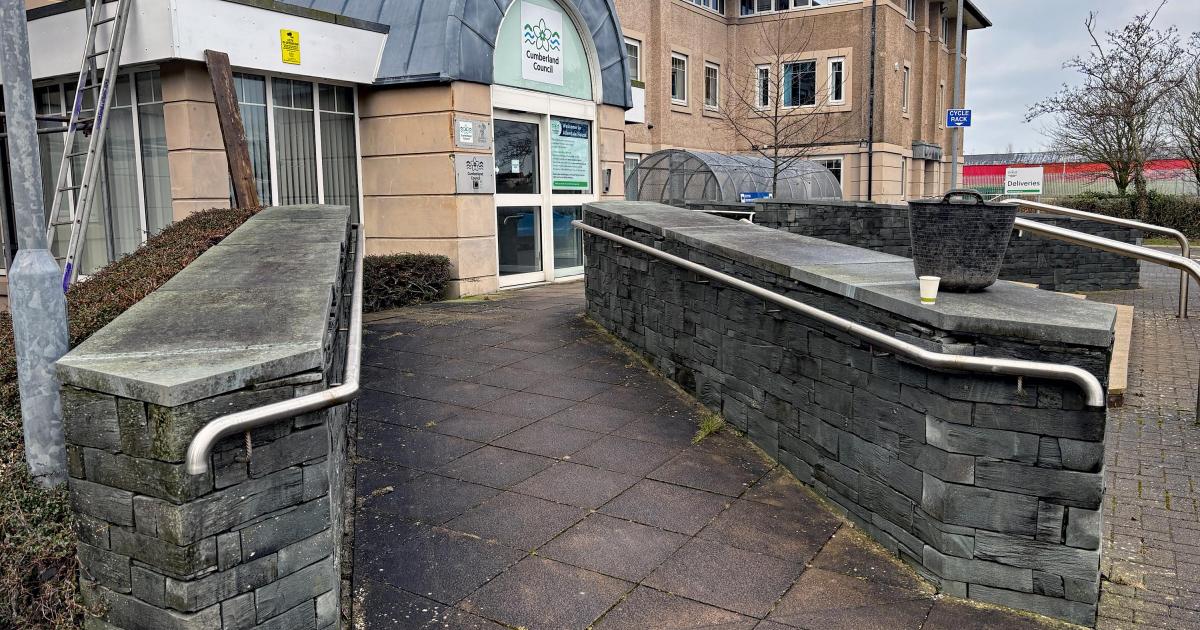In addition, in relation to maternal health, in black and mixed ethnicity groups the maternal mortality rate was three times higher than in white communities according to the Health Needs Assessment: Ethnic Minorities 2025 report.
Members of Cumberland Council’s health and wellbeing board met at Allerdale House in Workington on Friday (June 27) to get an update from Dr Faisal Solkar who carried out the research for the council.
He said that, according to the 2021 census, in the Cumberland Council area ethnic minority residents made up 2.33 per cent of the population, up from 1.53 per cent in 2011, which was lower than 14.43 per cent in the rest of the north-west and 18.96 per cent in England.
According to his report residents in the Cumberland Council area were an ageing population but ethic minority communities were younger on average.
He said that there was a there was a lower vaccine uptake in black and Asian groups and, when accessing healthcare there were “language barriers and trust issues” leading to an overuse of accident and emergency. He added: “Language remains a significant barrier in health care.”
Concerns raised during focus group sessions, which were during the research, included: no WIFI so they were unable to use Google translate; inability to get a dental appointment; they did not understand how the NHS worked; were not taken seriously; and a lack of contact following appointment.
According to his report, as well as language and communication barriers, other issues included: trust and perception of care; navigation and awareness issues; service availability; and service accessibility issues.
The report made five core recommendations which were: to improve communication and information access; to expand interpretation services; to require ethnicity data collection across all health and social care settings; to increase access to preventative care; and to adopt patient-centred approaches.
In addition, there were three supporting recommendations which were: to introduce multi-lingual booking systems; to provide digital access support; and to strengthen community engagement.
Councillor Emma Williamson (Kells and Sandwith, Labour), the children’s services, family wellbeing and housing portfolio holder, wondered about the maternal health issue and asked: “How does that work with our new family hubs? Are they accessing those kinds of services?”
Dr Solkar said it was a question of whether or not they knew they were there.
Regarding the language issues Colin Cox, the council’s director of public health, customer and community wellbeing, said that the latest generation of iPhones had simultaneous translation apps and added: “We’ve got that technology available to us and we’ve got to be investing in it.”
Committee chairwoman, councillor Elaine Lynch (Wigton, Labour), the lifelong learning and development portfolio holder, suggested that they could set up a pilot scheme at a Carlisle medical practice, which could be rolled out later, to help tackle the language barriers.
Members noted the report and they agreed that the communication and translation pilot should be explored.
